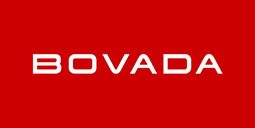Bitcoin Magazine’s Week in Review: Progress in Different Forms
Blockchain-based predictions platform Augur has started to the public, becoming the “world’s ” decentralized prediction-market platform. It was produced by the Forecast Foundation, a not-for-profit corporation whose objective is to build “open minded, public forecasting tools. ”
Going back to the early phases of Bitcoin, we look at the contributions of Nick Szabo to smart contracts and Gold. Decentralizing gets another increase by Augur from the predictions marketplace with the launching of the platform. We find a very real world illustration of cryptocurrency solving a real desire in Venezuela to prevent their collapsing currency and permit individuals to buy the goods they should survive. Ultimately, we see a conventional market, the CBOE, talking about the SEC about obtaining a bitcoin ETF permit, which will be a real milestone in terms of bringing cryptocurrency closer to the masses as an investment vehicle.
The Genesis Files: With Bit Gold, Szabo Was Inches Away From Inventing Bitcoin
Early cypherpunk Nick Szabo had been researching decentralized fiscal solutions from the mid-1990s and came to suggest what he is perhaps best known for now: smart contracts. All these (then-hypothetical) pc protocols can digitally alleviate, verify and apply the discussion or performance of a contract, ideally without the necessity of any third party.
Prediction markets have long been dominated by the likes of Paddy Power and DraftKings, that can be centrally owned, operated and controlled. This centralization causes all kinds of issues, like restrictions for consumers in certain areas, higher associated costs to work with and constraints on the types of markets which consumers can create. A key differentiator for Augur is its own international and decentralized nature.
The United States Securities and Exchange Commission (SEC) is analyzing an application from the Chicago Board Options Exchange (CBOE) Global Markets that, if accepted, will grant the company a enviable bitcoin ETF permit and bring new waves of institutional investors to the bitcoin arena.
The most recent installation in Aaron van Wirdum’s Genesis Files series examines the contributions of Szabo and Wondering he proposed answers to some of the issues that Bitcoin would eventually resolve.
Struggling for Freedom in Venezuela: The Way Crypto Helped Héctor’s Family Buy Food
Stay on top of the best stories from the bitcoin, blockchain along with cryptocurrency market. Subscribe to our newsletter here.
On July 1, 2018, Venezuelan citizen Héctor received 0.5 nano, approximately value $1.80 USD. The amount appears trivial, but it’s almost a month’s salary in the impoverished nation and more than he had made the last month. This motivated him to write a post celebrating his newfound riches onto the r/nanocurrency subreddit.
The cryptocurrency space remains largely unmonitored, and the SEC has sought to have a firm position to guarantee consumer protection and safety. After much speculation and debate, yet, officials recently decided both bitcoin and Ethereum — despite the ancient pre-sale (now ICO) standing — were too naive to be contemplated securities and could not be regulated by the organization.
In an interview with Bitcoin Magazine, Héctor clarifies the day-to-day economic circumstances in Venezuela and tells how cryptocurrencies are giving folks like him expect.
Bitcoin Magazine’s Week in Review: Progress in Different Forms - July 2025
EXPERTLY REVIEWED
MOBILE FRIENDLY
FAST PAYOUTS
- CasinoRatingBonusVisit Casino
Get your 100% Match Bonus up to $1000!
200% match bonus up to 2000
Up to 5 BTC
100% match bonus + 180 free spins
Get up to 1 BTC on First Deposit!
Welcome bonus up to 1.5BTC + 250 free spins
Get your 5 BTC Welcome Bonus
Top Rated
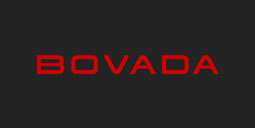
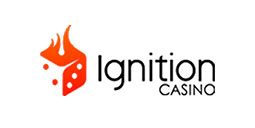

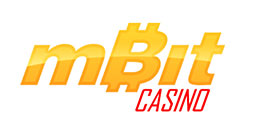


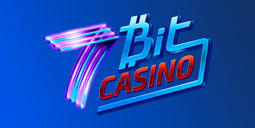
Search
Casino List
- Bovada Casino
- 7bit Casino
- Bitstarz Casino
- Sun Palace Casino
- Ignition Casino
- Tangiers Casino
- Nitrogen Sports Casino
- Casumo Casino
- Fortunejack Casino
- Mars Casino
- Mbit Casino
- Cafe Casino
- Drake Casino
- Grand Fortune Casino
- CryptoReels Casino
- Wild Casino
- Betchain Casino
- Oshi Casino
- Bitcoin Penguin Casino
- Joe Fortune Casino
- Vegas Casino.io


